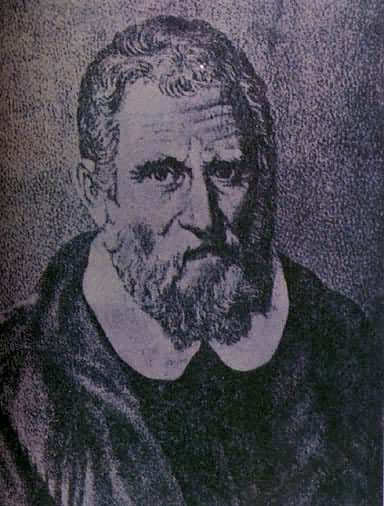| About China > History > Celebrities |
|
|
Marco Polo
China was a powerful country in the 13th century. At that time, merchants and travelers from all over the world came to China to do business and to travel. Among them was the famous amateur, Marco Polo from Venice, Italy. He lived in China for 17 years.
In 1260, when Marco Polo was still a little child, his father and uncle who were Venetian merchants Nicolo and Matteo Polo traveled east from Europe. In 1265, they arrived at Kaifeng, the capital of Kublai Khan's (also known as the Great Khan) Mongol Empire. In 1269, the brothers returned to Europe with a request from Khan for the Pope to send one hundred missionaries to the Mongol Empire.
Upon arriving in Venice, Nicolo discovered that his wife had died, leaving the son, Marco (born in 1254 and thus fifteen years old) to his care. In 1271, the two brothers and Marco began to trek eastward with the reply of the Pope.
In the year 1275, Marco Polo, at the age of 19, arrived in China together with his father and uncle after four years' traveling and met the Great Khan. The emperor at the time of Marco's visit, Yuan Shizu, liked him very much and frequently dispatched him to all parts of the country as well as other countries on errands. He quickly grasped Mongolian and Chinese, and traveled to almost every city in China. He kept a traveling journal that recorded everything wherever he was.
Marco served in several high-level government positions, including as ambassador and as the governor of the city of Yangzhou. Seventeen years passed, the three Polos missed their homeland very much and made a request to go back home to the emperor, and the emperor agreed. In the Spring of 1292, the Great Khan eventually consented to allow them to leave the Empire, as long as they would escort a princess who was scheduled to wed a Persian king.
The three Polos had been away from Venice for about 24 years and all the citizens thought they had already been dead. When their relatives saw that they came back after so many years, they were shocked and excited. And of course, they were astonished by the treasures the three Polos brought back with them.
Upon his return to Italy, Marco Polo told of his findings of jade, porcelain, silk, ivory, and other riches of Asia. He described the festival of the Emperor's birthday in which everything from clothing to ornaments was laced in gold. He also explained how he saw people using black stones for fuel (later known as coal).
In the year 1298, Marco Polo was put into prison during the war between Venice and Genoa. Marco Polo dictated his story to the writer, Rustichello of Pisa, who shared the same prison. Shortly thereafter, The Travels of Marco Polo was published in French as Description of the World. It told of and paid tribute to the prosperity and civilization of China, and had detailed descriptions of the sceneries of Beijing, Yangzhou, Suzhou, Hangzhou. China had matured in the arts, both fine and practical, beyond anything found in Europe. Literature was greatly respected. Paper had already been invented; books of philosophy, religion, and politics could be found and a large Encyclopedia had been printed under the supervision of the Emperor. Mechanical devices were not lacking and paper money was the accepted currency in many sections of the empire.
The publishing of the book spread through Europe, and aroused the longing for the Chinese civilization among Europeans. And because of this very book, Mask Polo became famous. In the year 1299, he was set free.
From then on, communications between China and Europe and Arabia became more frequent. The compass, printing and gunpowder were introduced to Europe. |
||||
 |
